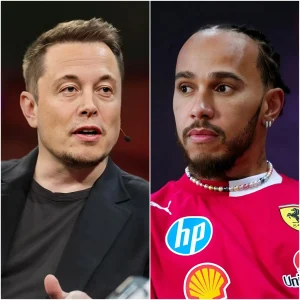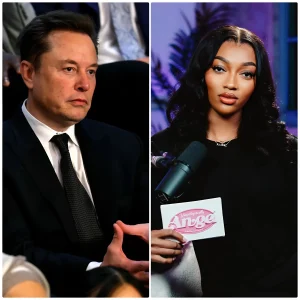“The Big Bang” – Amid Tesla’s Global Boycott, Elon Musk Makes a Surprising Move into the Saudi Arabia Market.
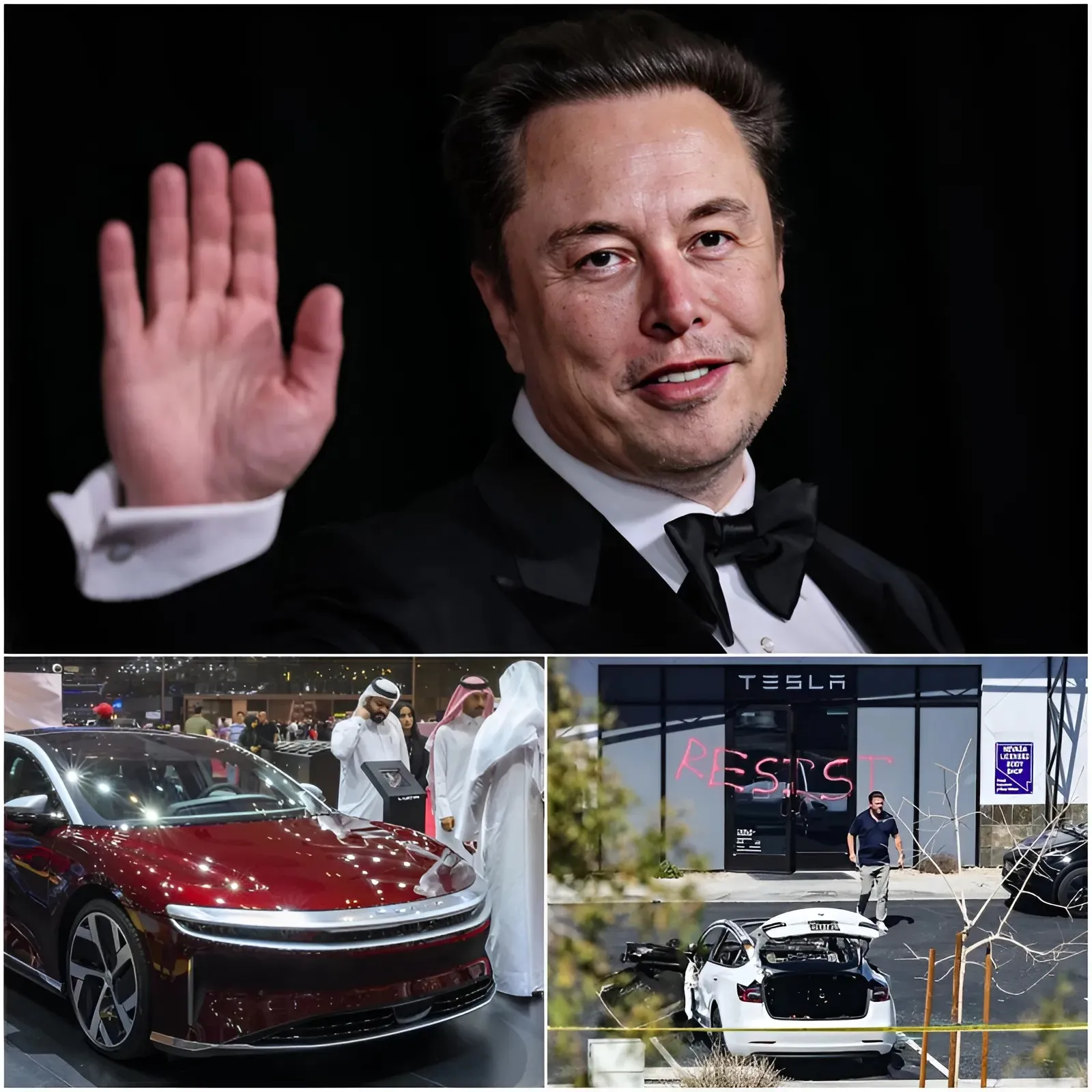
As of late March 2025, Tesla, the electric vehicle giant helmed by billionaire Elon Musk, finds itself at a critical juncture. The company is grappling with a mounting global boycott, plummeting stock prices, and a wave of public backlash tied to Musk’s controversial political engagements. Sales have tanked in key markets like the United States, Europe, and China, with protests erupting outside Tesla dealerships and acts of vandalism targeting its vehicles and infrastructure. The company’s once-stellar reputation as a pioneer in sustainable transportation is now overshadowed by Musk’s polarizing persona, particularly his role in the Trump administration’s Department of Government Efficiency, where he has overseen drastic cuts to federal jobs. Amid this turmoil, Musk has made an unexpected and bold decision: Tesla will enter the Saudi Arabian market, a move that has sparked intrigue, skepticism, and debate across the globe.
The announcement came on March 26, 2025, when Tesla revealed plans to launch its electric vehicles in Saudi Arabia, the Gulf region’s largest economy. The company is set to host a high-profile event in the kingdom on April 10, showcasing its EVs, the autonomous Cybercab, and even Optimus, Tesla’s humanoid robot. This move is a calculated gamble, thrusting Tesla into a market where electric vehicles account for just over 1% of car sales, according to a recent PwC report. Saudi Arabia, a nation synonymous with oil wealth, might seem an unlikely fit for Tesla’s eco-friendly mission. Yet, the kingdom’s Vision 2030 initiative, which aims to diversify its economy away from oil, offers a potential opening. The government has been pushing for greener technologies, and Tesla’s entry could align with these ambitions—provided it can overcome the cultural and economic hurdles.
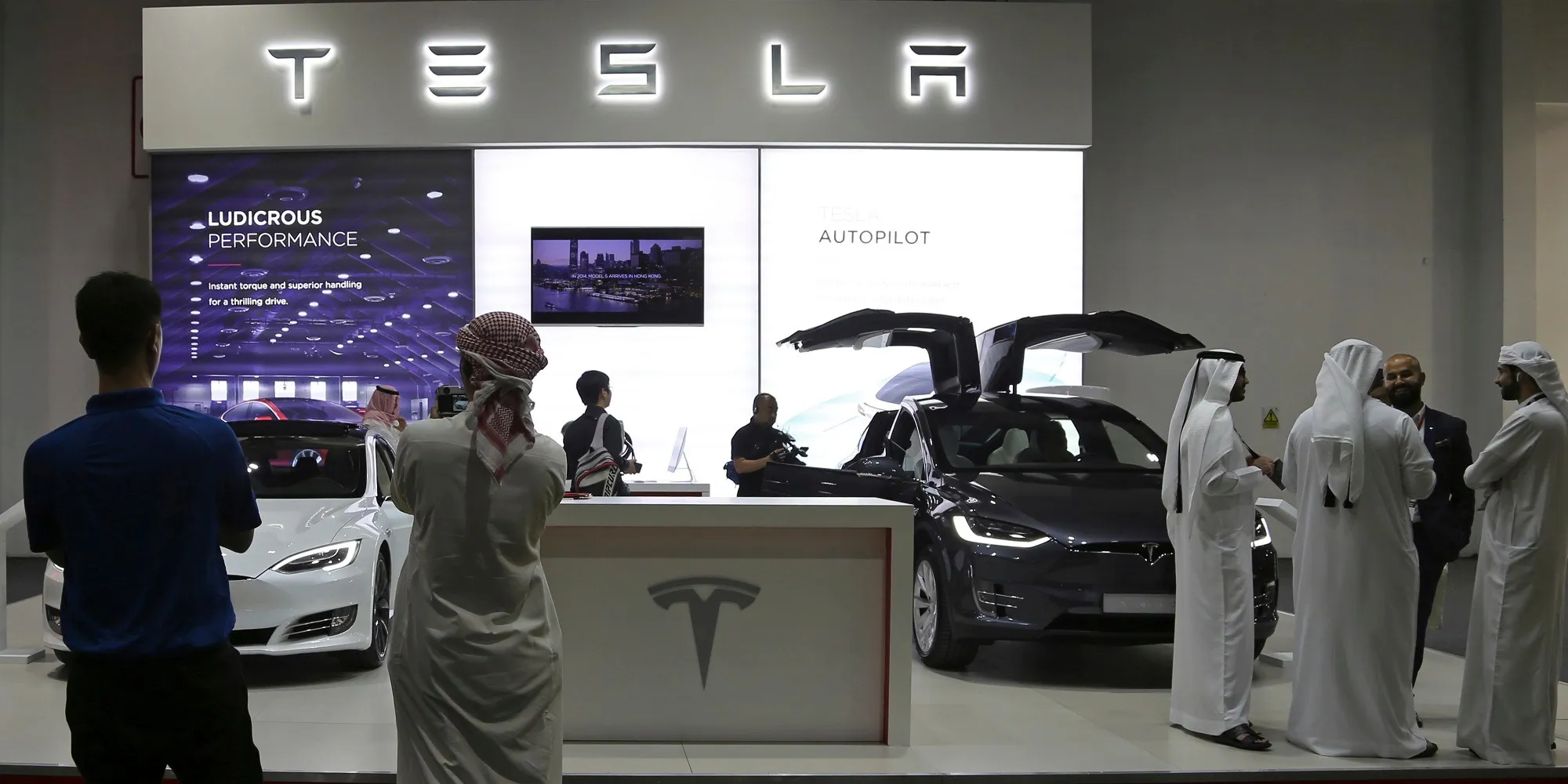
The timing of this decision is striking. Tesla’s global sales are in freefall, with a reported 49% drop in China in February 2025 compared to the previous year, marking the lowest monthly figure since mid-2022. In the U.S., Musk’s home market, the backlash has been even more visceral. Protesters have besieged showrooms, chanting slogans like “Elon Musk has got to go,” while vandals have torched vehicles and defaced charging stations. The FBI has even established a task force to address what it calls “violent Tesla attacks.” Used Tesla prices are plummeting, and the company’s stock has shed 41% of its value since the start of the year, erasing billions from Musk’s fortune. Investors like Ross Gerber, a long-time Tesla supporter, have publicly called for Musk to step down, arguing that his political entanglements are destroying the brand.
Against this backdrop, Musk’s pivot to Saudi Arabia could be seen as a desperate bid to offset losses elsewhere. The kingdom’s vast wealth and growing appetite for cutting-edge technology make it an attractive prospect. Tesla’s sleek designs and futuristic innovations—like the Cybercab and Optimus—might appeal to Saudi Arabia’s affluent, tech-savvy elite. Moreover, Musk’s prior interactions with the Saudi Public Investment Fund, which once considered a major stake in Tesla, suggest a foundation for this expansion. Yet, the challenges are immense. The EV market in Saudi Arabia is nascent, dwarfed by the dominance of gas-guzzling vehicles suited to the country’s sprawling deserts and cheap fuel. Tesla will also face competition from rivals like China’s BYD, which is aggressively expanding globally.
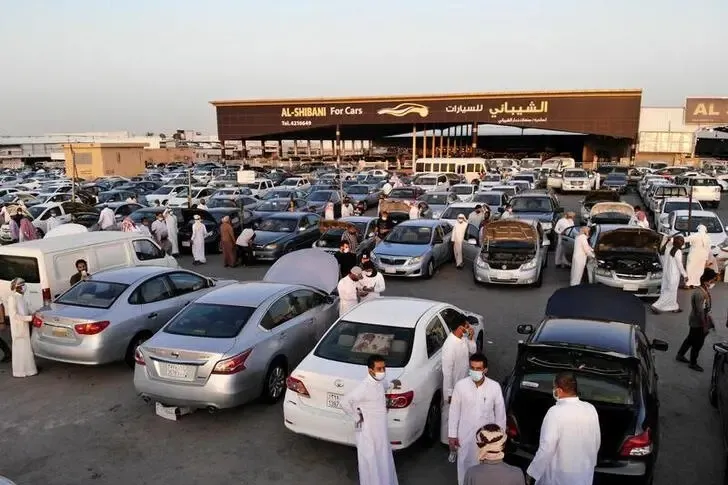
Critics argue that this move is less about strategy and more about Musk’s penchant for headline-grabbing stunts. His decision comes at a time when his personal brand is increasingly toxic, with boycotts spreading from the U.S. to Europe and beyond. In Poland, a government minister recently urged citizens to shun Tesla after Musk’s controversial remarks about historical grievances. In Germany, Tesla owners have slapped “Elon went nuts” stickers on their cars. Even in progressive California, once a stronghold for Tesla, the boycott is biting. Musk has dismissed his detractors as “deranged” and accused them of targeting Tesla to spite his White House role, but the damage is undeniable.
For Tesla to succeed in Saudi Arabia, it will need more than flashy unveilings. The company must navigate a complex socio-economic landscape, win over a skeptical public, and prove that its products can thrive in a region wedded to oil. Musk’s gamble could either mark a triumphant new chapter or deepen Tesla’s woes. As the April 10 event looms, the world watches—not just to see if Tesla can crack this unlikely market, but to gauge whether Musk can steer his empire through the storm he has partly created. In this “big bang” moment, the stakes have never been higher.

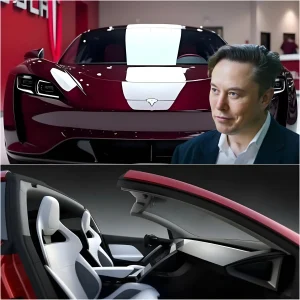
 Bomba: el Roadster de 2025 Tesla finalmente está aquí, ¡más rápido, más inteligente e imparable!
Bomba: el Roadster de 2025 Tesla finalmente está aquí, ¡más rápido, más inteligente e imparable!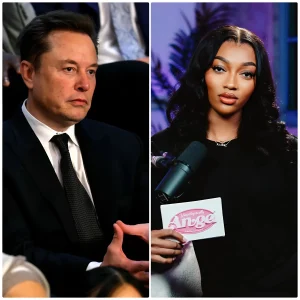
 Il y a 10 minutes : Angel Reese a choqué le monde en acceptant une offre de 10 millions de dollars d’Elon Musk : « Avec mon salaire actuel, je ne peux pas me permettre de vivre » et elle a également annoncé qu’elle prendrait sa retraite de la NBA à la fin de 2025, choquant tout le monde.
Il y a 10 minutes : Angel Reese a choqué le monde en acceptant une offre de 10 millions de dollars d’Elon Musk : « Avec mon salaire actuel, je ne peux pas me permettre de vivre » et elle a également annoncé qu’elle prendrait sa retraite de la NBA à la fin de 2025, choquant tout le monde.
